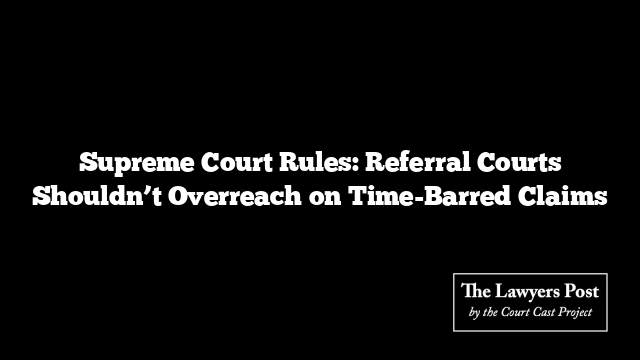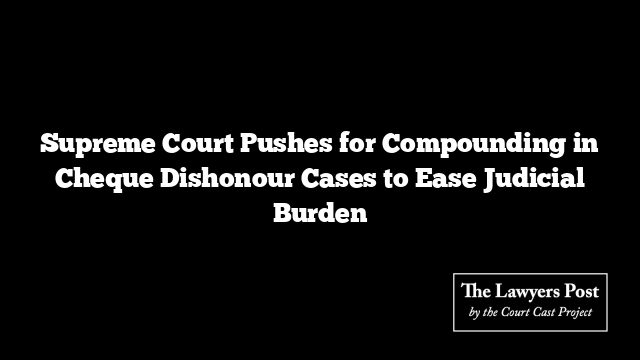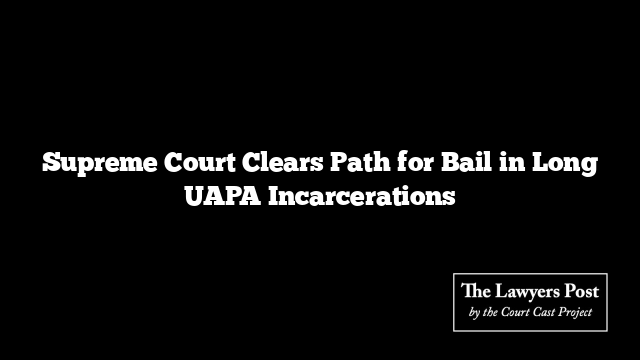In a significant ruling, the Supreme Court has asserted that referral courts should refrain from delving into detailed evidentiary examinations when deciding on the appointment of arbitrators under Section 11(6). The Court emphasized that whether claims are time-barred should be left for arbitrators to determine.
The bench, led by Chief Justice DY Chandrachud and Justices JB Pardiwala and Manoj Misra, refined the interpretation of its earlier decision in the Arif Azim case. The Court reiterated that the primary task of referral courts is to ensure that the application under Section 11(6) is filed within the three-year limitation period, without conducting an intricate inquiry into whether the claims are ex-facie dead.
The Court highlighted that referral courts should not engage in exhaustive evaluations to determine if claims are time-barred, as this responsibility lies with the arbitrator. This approach aligns with Section 11(6-A) of the Arbitration and Conciliation Act, 1996, which limits the courts’ role to a prima facie assessment.
This clarification came in response to the need to streamline legal positions and prevent potential conflicts between the Arif Azim judgment and evolving principles of arbitration. The Court’s decision underscores the efficiency and appropriateness of arbitrators handling detailed evidentiary matters, thereby respecting the legislative intent behind the arbitration framework.
In conclusion, the Supreme Court’s ruling marks a significant step towards refining the arbitration process, ensuring that the determination of time-barred claims remains within the arbitrator’s purview, and reinforcing the judiciary’s commitment to modern arbitration principles.





